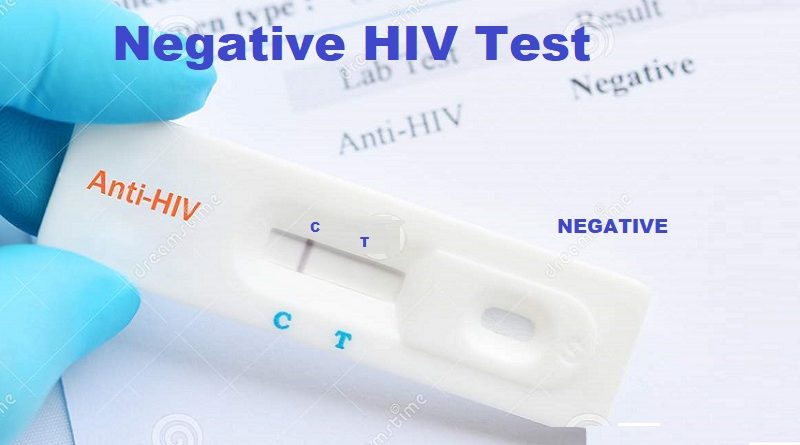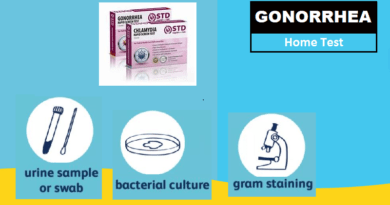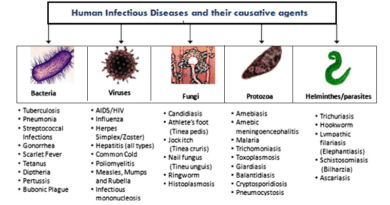Importance of HIV Testing: Why You Should Get Tested Regularly
HIV is a serious virus that affects millions of people worldwide, and it is crucial that individuals get tested regularly. Importance of HIV Testing reasons include the need for early detection and treatment, reducing the spread of the virus, and maintaining overall health and wellbeing.
I. Introduction
HIV testing is a critical aspect of managing the spread of the virus and promoting overall health and wellbeing. With millions of people affected by HIV worldwide, it is crucial to address this issue and highlight the importance of regular testing. By understanding the benefits of HIV testing, individuals can take proactive steps to manage their HIV status and ensure that they receive the appropriate care and support. [1]
“HIV testing can be confidential or anonymous. Confidential testing means that your HIV test results will include your name and other identifying information, and the results will be included in your medical record. HIV-positive test results will be reported to local or state health departments to be counted in statistical reports.” [2]
What is the importance of HIV testing?
Getting tested for HIV is important for several reasons. Perhaps the most crucial reason is that taking an HIV test is the only way to know if you have the virus. As stated by HIV Services in the Harrisburg area, HIV can take years to develop, and symptoms of AIDS may not appear for a long time, if at all. This makes it essential to get tested regularly, even if you feel fine [6].
Another reason why getting tested for HIV is important is that knowing your HIV status is a vital step in getting appropriate medical care and treatment. According to the CDC, early detection and treatment of HIV can significantly improve health outcomes and quality of life. When individuals are diagnosed with HIV early, they can start treatment right away, which can help to prevent the virus from causing serious damage to the immune system. This, in turn, can prolong life expectancy, reduce the risk of opportunistic infections, and improve overall quality of life [1].
Finally, getting tested for HIV is crucial for preventing the spread of the virus. By knowing your HIV status, you can take steps to prevent transmitting the virus to others. This includes practicing safe sex, using condoms, and disclosing your status to sexual partners. By reducing the risk of transmission, you can help protect yourself and others from the potential risks of HIV [7].
II. Early detection and treatment
Early detection and treatment are key factors in managing HIV. When HIV is diagnosed early, individuals can start treatment right away, which can help to prevent the virus from causing serious damage to the immune system. This, in turn, can prolong life expectancy, reduce the risk of opportunistic infections, and improve overall quality of life. By getting tested regularly, you can ensure that they receive the appropriate medical care and treatment to manage their condition effectively.
People with HIV who know their status can get HIV treatment (called antiretroviral therapy or ART) and remain healthy for many years. Studies show that the sooner people start HIV treatment after diagnosis, the more they benefit.
III. Reducing the spread of the virus
HIV testing is also important for reducing the spread of the virus. Individuals with positive HIV test, who are aware of their HIV status, can take steps to prevent transmitting the virus to others. This includes practicing safe sex, using condoms, and disclosing their status to sexual partners. By reducing the risk of transmission, individuals can help others from the potential risks of HIV.
IV. Maintaining overall health and wellbeing
HIV can have a significant impact on physical, emotional, and psychological health, and individuals who are living with the virus may require additional support and resources to manage these challenges effectively. By getting tested and accessing appropriate medical care, individuals can receive the support they need to maintain their health and wellbeing. This may include counseling services, access to antiretroviral medications, or support groups.
SUMMARY
The importance of HIV testing cannot be overstated. By getting tested regularly, individuals can benefit from early detection and treatment, reduce the spread of the virus, and maintain their overall health and wellbeing. It is crucial that individuals take proactive steps to manage their HIV status. By doing so, individuals can ensure that they receive the appropriate care and support to manage their condition effectively.
SOURCES
[1]https://www.cdc.gov/hiv/testing/index.html
[2] https://hivinfo.nih.gov/understanding-hiv/fact-sheets/hiv-testing
[3] https://www.hamiltonhealthcenter.com/
[4] https://www.webmd.com/hiv-aids/hiv-aids-screening
[5] https://www.cdc.gov/hiv/basics/testing.html





I did HIV test. It was written Vidas, is it Antibody test or p24 test? and what generation?
Vidas Machine co do antibody tests and also antigen tests. If the lab report shows only Vidas Test , this probably means antibody test. As if it is Combo test it would be reported as “Antibody + p24 test”
Good evening doctor
First, I was looking at the content of the site and I would like to thank you for your continuous interest and your noble humanitarian work.
I would like to inquire about hiv test
I am currently in Africa, and I did an test in the laboratory, and this test looks for antibodies and antigen 24, according to what is written in the result, where the result was negative after 29 days of the risk, which was unprotected sex.
I don’t know which generation this test belongs to???
Is this test considered definitive after this period, and does it need to be repeated or not??
antibodies and antigen 24= is 4th generation
Is this test considered definitive after this period? = yes. But if you are worried you can rpeat it after 45 days to be sure. It will be Negative also
Hi Doctor, can I rely on the result of 28 days and consider it a definitive and final result? And forget about the subject completely without re-test after 45 days
yes you can rely on that negative result
“Ac anti hiv duo ultra ”
“Elisa/vidas 3” negative
From which generation is this test?
If the fourth generation test , why didn’t they write p24 or antigen .
Hi Doctor, can I rely on the result of 28 days and consider it a definitive and final result? And forget about the subject completely without re-test after 45 days